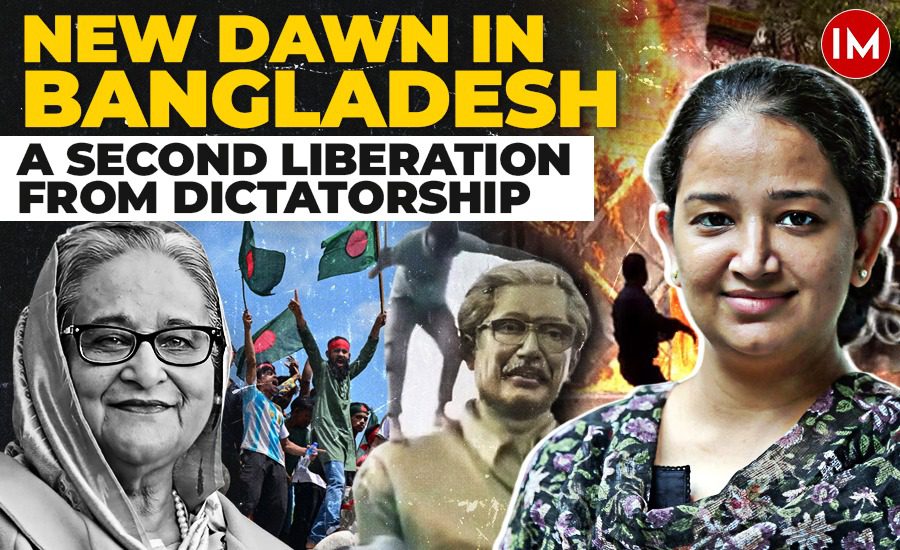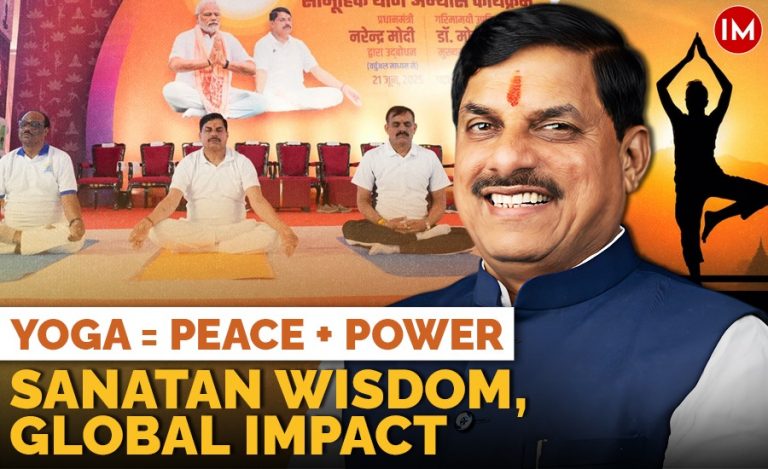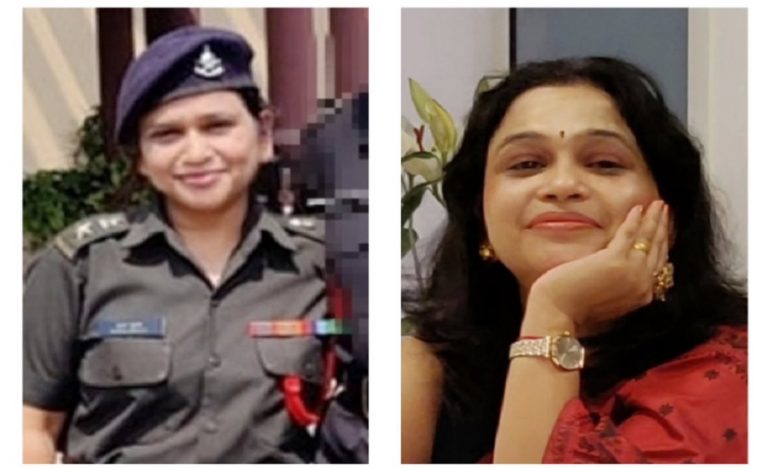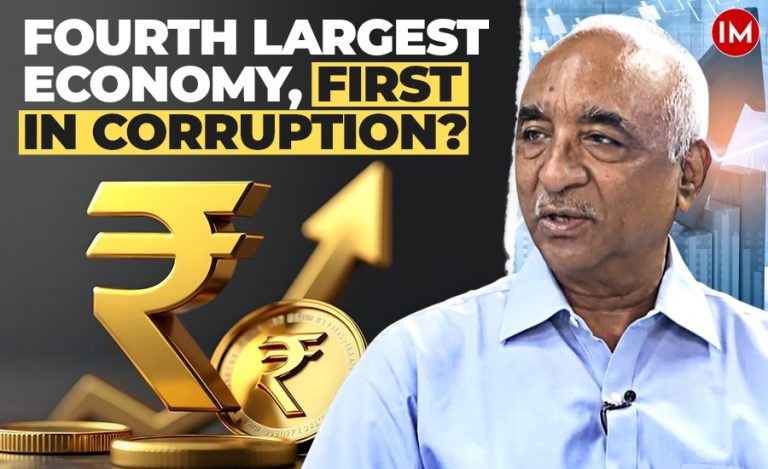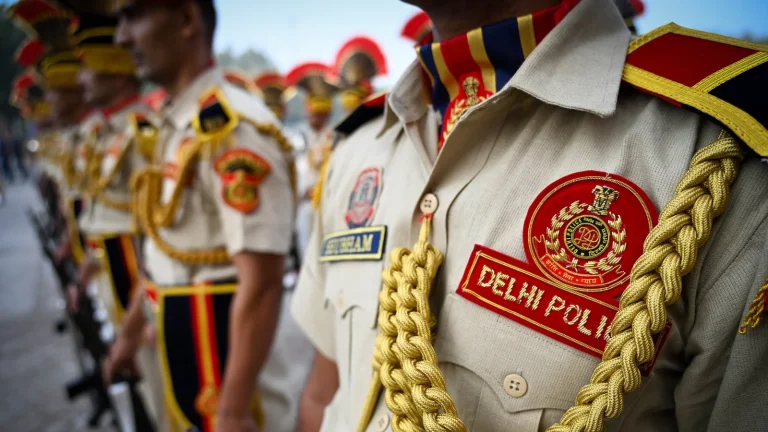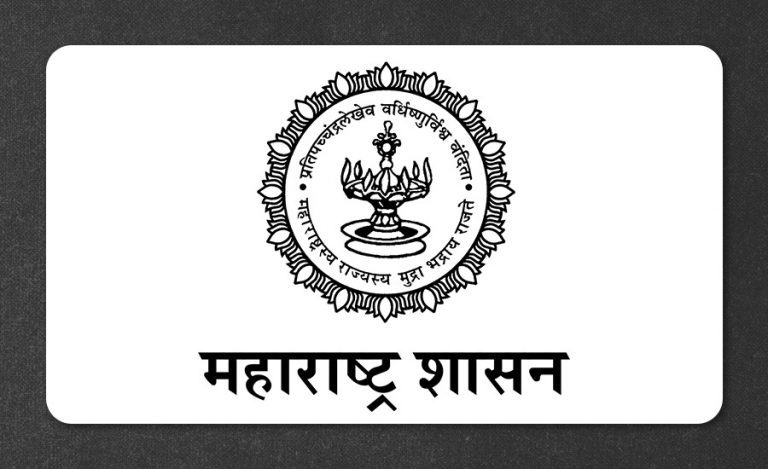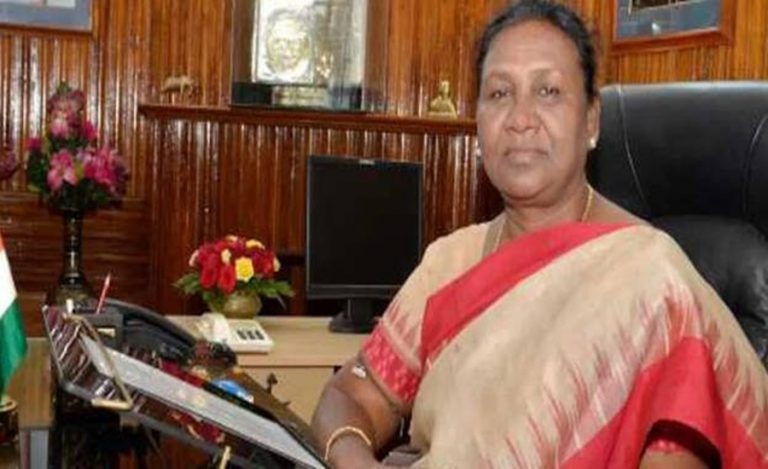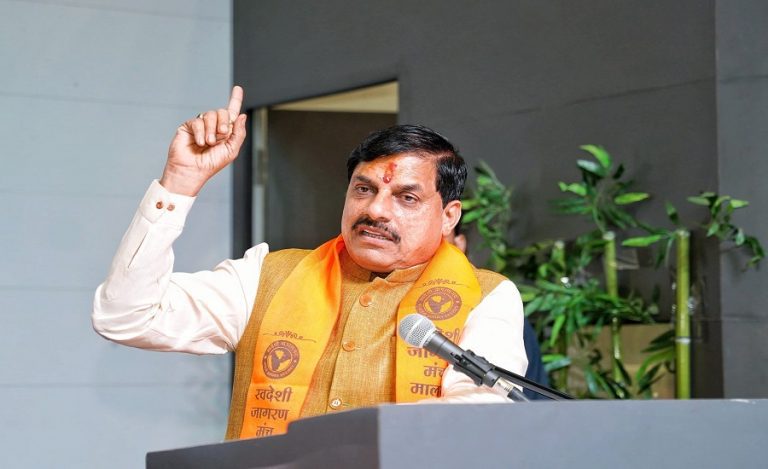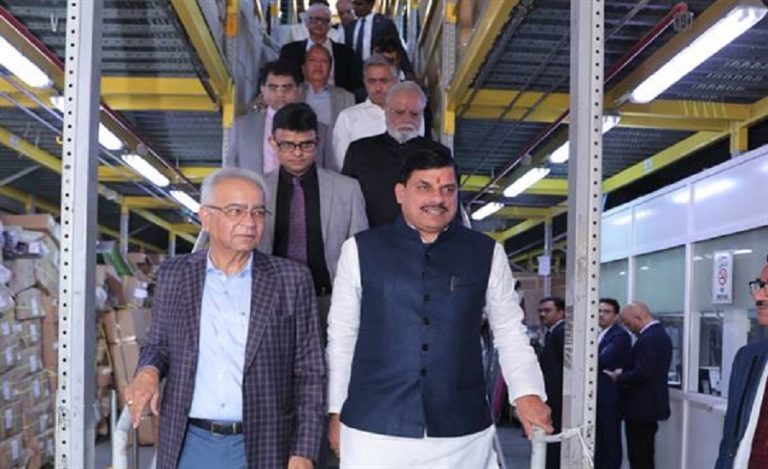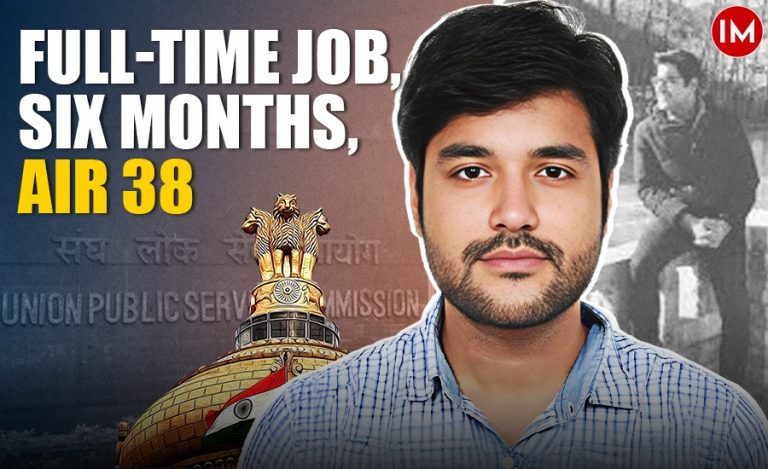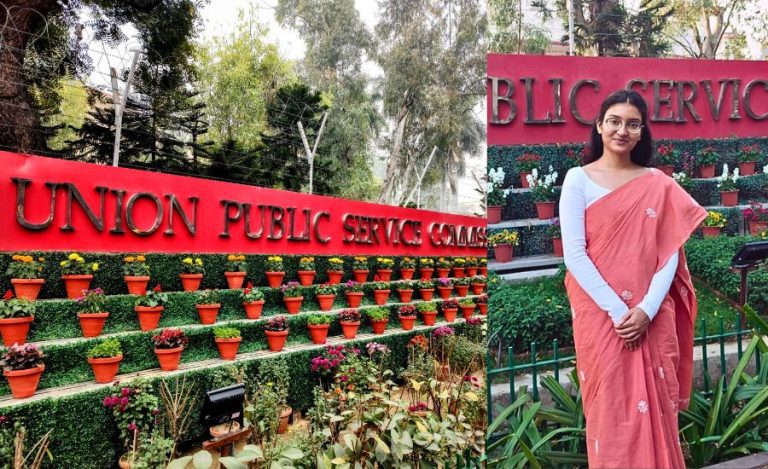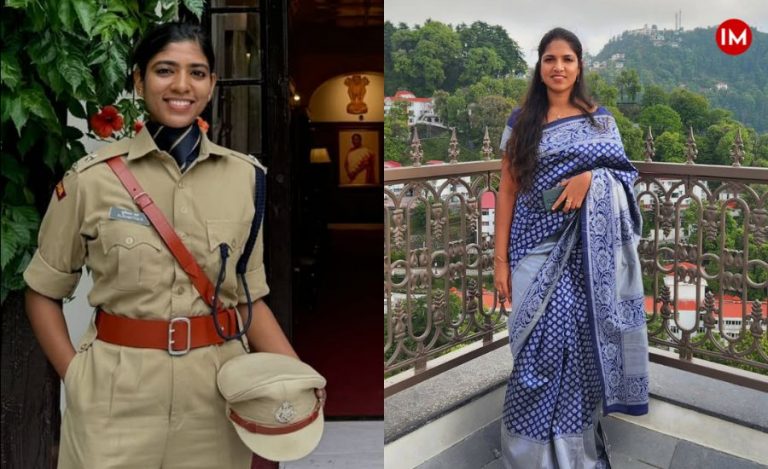The world watched in shocking awe as young protestors thronged over the statue of Sheikh Mujibur Rahman. A generation unknown, untapped by the time liberated by Rahman, were avenging his daughter Sheikh Hasina’s dictatorship upon them. They roared in jubilation, danced in euphoria, made reels of the moment as they tore down statues of her father around the city and burnt down the museum. For just few hours before they had successfully managed to end Sheikh Hasina’s 15 year authoritarian grip. They were satisfied, giddy and elated having forced her to flee, never to return back.
On the afternoon of August 5th, history began to repeat itself in Bangladesh.
Bangladesh came to celebrate its second day of liberation. A liberation in the words of Bangladeshi Nobel laureate Muhammad Yunus, which is bigger and more celebratory than the one that came on 16th December 1971 against Pakistan.
A freedom, though, since birth was bloody, violent, divisive and tainted. For freedom did not unshackled freedom for Bangladesh. Bangabandhu Sheikh Mujibur Rahman, known as the ‘Father of the Nation’, soon after Independence began nurturing the ambition of turning the country into a one-party state. However, before he could realise his dream, he was quickly assassinated. What ensued was chaos, turmoil, military rule, tragedy, the return of her daughter Sheikh Hasina, and tensions enraging the country. Yet amid the political tumult, Bangladesh managed to hold onto a degree of democracy through its media, police and courts. People could breathe, as politics stifled each other.
All began to change from 2009. Sheikh Hasina, daughter of Sheikh Mujib Rahman, came to power and from get go worked in fulfilling her father’s ‘unfinished ambition’- make Bangladesh into a one party state. As time rolled, opposition began to be oppressed. Bangladesh Nationalist Part (BNP) leader Khaleda Zia was put under on-off house arrest. Her party’s activists were hounded, the media cowed while the police and courts suborned to Sheikh Hasina’s party. Corruption became rampant as rat and Bangladesh became South Asia’s most corrupt country after Afghanistan.
Yet with the iron grip Bangladesh thrived in numbers. Economically the country began to uplift and Hasina began playing with fire. She talked as if she would be in charge for ever. She disdained criticism and lived in her own bubble untouched to reality. Any person criticising Sheikh Hasina became the enemy of the state, a traitor, desh drohi in our language. She accused the BNP of being ‘constituted by a military ruler illegally’. She alleged that the country’s biggest Islamist party, a former ally of Pakistan, is ‘almost all war criminals’. She called Muhammad Yunus- the Bangladeshi economist, social entrepreneur and founder of Grameen Bank who won Nobel Prize for his microloans in 2006- a “bloodsucker” of the poor, accusing him of embezzlement and being a traitor who was scheming with America to help it control the Bay of Bengal. She began to satisfy her lust for power by forcing people into loving their servitude by flogging and kicking them into obedience. Until the people came stampeding on Hasina’s door on the afternoon of 5th August 2024 to flog and kick her into obedience. History began to echo. Instead of the army the people came hungry for her blood. Except Hasina managed to save herself from the same fate as her father. Or did she?
Hasina will never be able to return to Bangladesh. Same holds true for her family member. Her feeling of grievance, dynastic entitlement, coupled with her own aspiration of absolute power, has put a merciless end to her father and her legacy, putting in jeopardy and turmoil the future of Bangladesh.
And as curtain gets pulled down on the old, it opens to a new Bangladesh rise. A Bangladesh where people are hungry for Hasina’s blood, who want justice, a fresh start. But when a country is leaderless in its roll over, the feeling of vengeance soon pervades over the mood. By the evening of 5th, protestors had attacked the homes of AL ministers and party officials. The jailed Opposition who started coming out, had revenge in their eyes, so as the Islamist elements.
All this spills trouble for India. In 1970 too Hindus, as a distinct minority, were chosen for annihilation and expulsion. Then India and Indira came to their rescue. Gandhi became popular at home, but soon after in 1975 treaded on the same path as Sheikh Mujibur Rahman and imposed Emergency. While inside Bangladesh the war remained a live political issue. Once again history has penetrated the present. Reports of attacks against the homes and places of worship of Hindu minorities have escalated. And India and Modi of today are at the receiving end of the ‘new liberation’. Bangladeshi’s are convinced that India had completely backed Sheikh Hasina and as such are making no distinction between India and Hindu citizens of Bangladesh. How Modi and his men Doval and Jaishankar will contain and tame the situation from spiralling – for it will spiral- is yet to be seen. Till now India has refrained from making any comment.
But this is like déjà vu all over again, as echoes of 1970 comes to fore. History is set to repeats itself in Bangladesh. The first time it was a tragedy, the second time it destines to become a tragedy of farce.
(Author is Delhi-based Senior Editor of Naya India, a Hindi daily. She writes on politics, international relations and current affairs)

